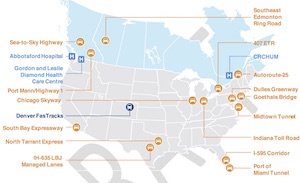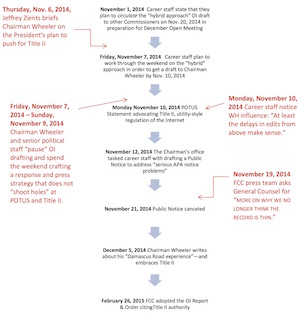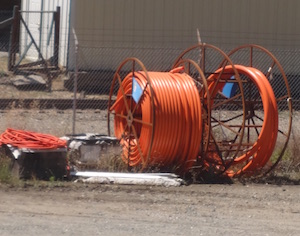$25 monthly FTTH tax proposal fades away in Utah

Roads yes, fiber no.
An everyone pays, everyone gets plan to pay for completion of the Utopia fiber to the home network in Utah appears to be dead (h/t to Fred Pilot at the EldoTelecom blog for the pointer). The financing package was proposed by an Australian company, Macquarie Capital, as a way to finish building out the network in participating Utah cities. The deal that was on the table would have every home and business pay a mandatory utility fee of $25 a month – a tax, in other words.… More



![By Edward Betts (Own work) [CC-BY-SA-3.0 (https://creativecommons.org/licenses/by-sa/3.0)], via Wikimedia Commons](https://www.tellusventure.com/blog/images/2014/9/money_stack.jpg)





